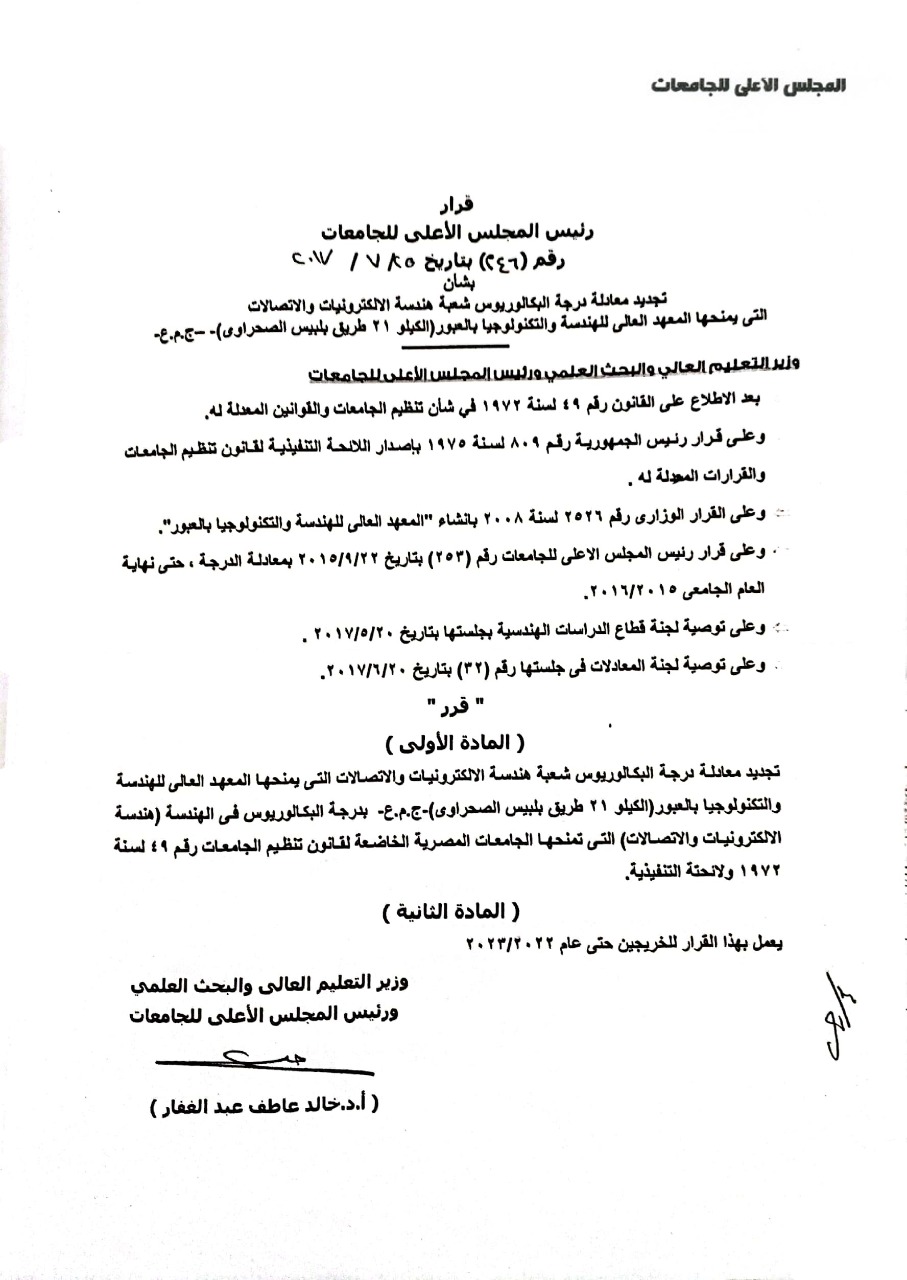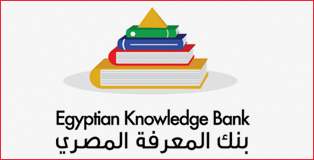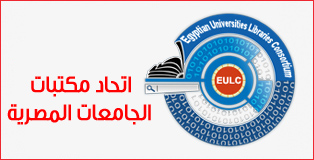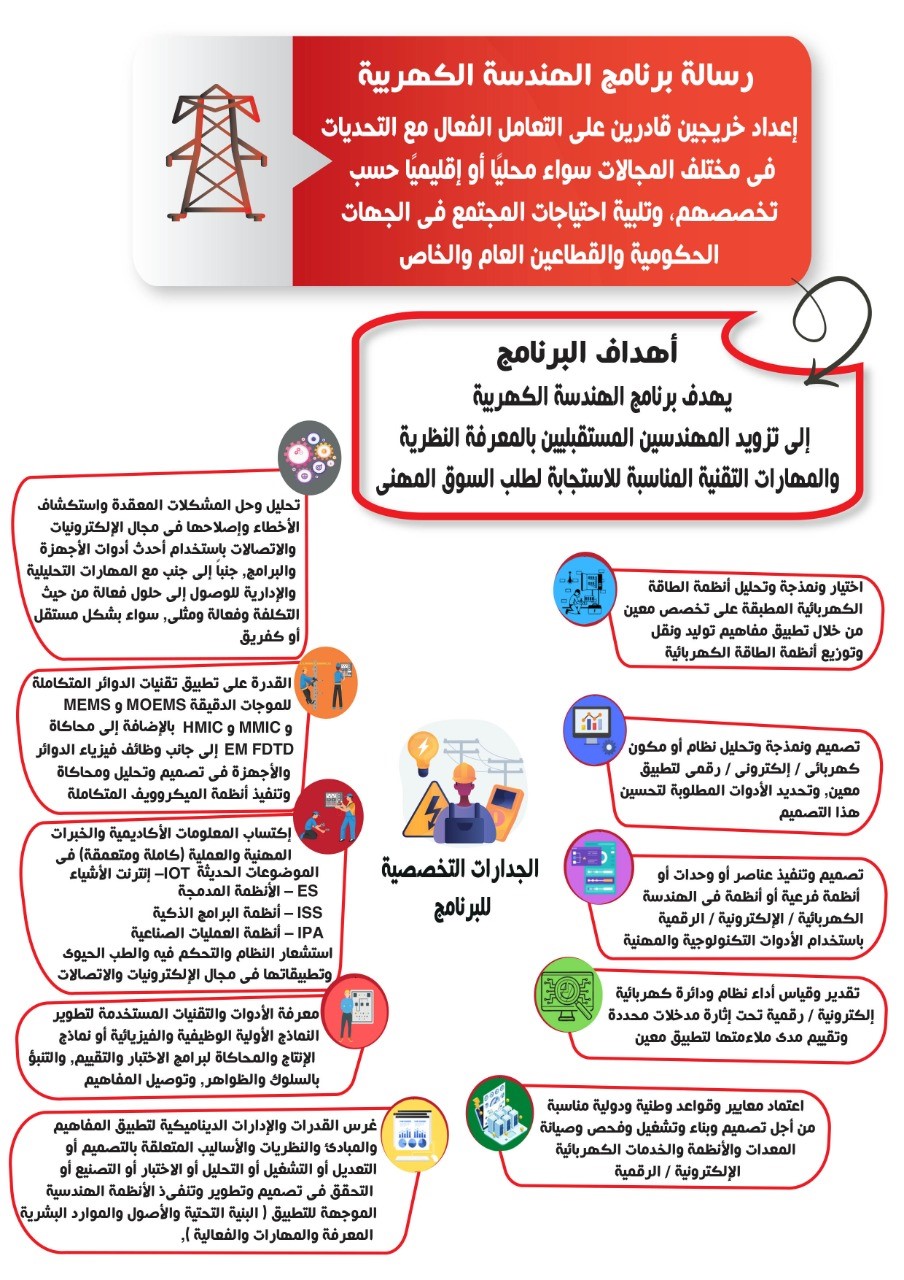
|
المقررات الدراسية لبرنامج الهندسة الكهربية ( الإلكترونيات والإتصالات) |
||||||||
|
ساعات معتمده |
عدد الساعات |
الكود |
المقرر |
م |
||||
|
إجمالى |
معمل |
تمارين |
محاضرة |
|||||
|
3 |
5 |
0 |
2 |
3 |
BAS |
111 |
رياضيات (3) |
1 |
|
3 |
5 |
1 |
1 |
3 |
BAS |
112 |
فىزياء (3) |
2 |
|
2 |
4 |
0 |
2 |
2 |
MEC |
111 |
أسس هندسة ميكانيكية |
3 |
|
2 |
4 |
2 |
0 |
2 |
ELC |
111 |
برمجة حاسب (1) |
4 |
|
4 |
7 |
0 |
3 |
4 |
ELC |
112 |
مجالات كهرومغناطيسية |
5 |
|
2 |
2 |
0 |
0 |
2 |
HUM |
111 |
كتابة التقارير الفنية |
6 |
|
3 |
5 |
0 |
2 |
3 |
BAS |
121 |
رياضيات (4) |
7 |
|
2 |
4 |
2 |
0 |
2 |
ELC |
121 |
برمجة حاسب (2) |
8 |
|
2 |
4 |
2 |
0 |
2 |
ELC |
122 |
قياسات وأجهزة قياس كهربية |
9 |
|
4 |
5 |
1 |
1 |
3 |
ELC |
123 |
دوائر كهربية |
10 |
|
4 |
5 |
1 |
1 |
3 |
ELC |
124 |
أسس الهندسة الإلكترونية |
11 |
|
2 |
2 |
0 |
0 |
2 |
HUM |
12X |
مقرر إنسانيات / إدارة أعمال إختيارى (1) |
12 |
|
3 |
5 |
0 |
2 |
3 |
BAS |
212 |
رياضيات (5) |
13 |
|
3 |
5 |
1 |
1 |
3 |
ELC |
211 |
دوائر إلكترونية (1) |
14 |
|
3 |
5 |
1 |
1 |
3 |
ELC |
212 |
دوائر منطقية |
15 |
|
3 |
5 |
1 |
1 |
3 |
ELC |
213 |
تنظيم الحاسبات والمعالج الدقيق |
16 |
|
3 |
5 |
0 |
2 |
3 |
ELC |
214 |
ديناميكا النظم |
17 |
|
2 |
2 |
0 |
0 |
2 |
HUM |
21X |
مقرر إنسانيات / إدارة أعمال إختيارى (2) |
18 |
|
4 |
5 |
1 |
1 |
3 |
ELC |
221 |
دوائر إلكترونية (2) |
19 |
|
3 |
5 |
2 |
0 |
3 |
ELC |
222 |
تحويل الطاقة |
20 |
|
3 |
5 |
2 |
0 |
3 |
ELC |
223 |
قياسات إلكترونية |
21 |
|
4 |
5 |
1 |
1 |
3 |
ELC |
224 |
إتصالات كهربية |
22 |
|
4 |
6 |
0 |
2 |
4 |
ELC |
225 |
نظرية مجالات |
23 |
|
3 |
5 |
1 |
1 |
3 |
ELC |
311 |
نظم إتصالات كهربية (1) |
24 |
|
3 |
5 |
1 |
1 |
3 |
ELC |
312 |
دوائر رقمية |
25 |
|
3 |
5 |
0 |
2 |
3 |
ELC |
313 |
تحليل إشارات |
26 |
|
3 |
5 |
1 |
1 |
3 |
ELC |
314 |
تحكم الى |
27 |
|
2 |
3 |
0 |
1 |
2 |
ELC |
315 |
إدارة المشروعات الهندسية |
28 |
|
3 |
5 |
0 |
2 |
3 |
ELC |
X31 |
إختيارى (1) |
29 |
|
3 |
5 |
1 |
1 |
3 |
ELC |
321 |
نظم إتصالات كهربية (2) |
30 |
|
2 |
4 |
0 |
2 |
2 |
ELC |
322 |
نبائط إلكترونية |
31 |
|
2 |
4 |
0 |
2 |
2 |
ELC |
323 |
شبكات الحاسب ونقل البيانات |
32 |
|
2 |
4 |
1 |
1 |
2 |
ELC |
324 |
إنتشار الموجات |
33 |
|
4 |
5 |
1 |
1 |
3 |
ELC |
325 |
تموجات كهرومغناطيسية |
34 |
|
3 |
5 |
0 |
2 |
3 |
ELC |
X31 |
إختيارى (2) |
35 |
|
3 |
5 |
1 |
1 |
3 |
ELC |
411 |
نظم إتصالات كهربية (3) |
36 |
|
2 |
4 |
0 |
2 |
2 |
ELC |
412 |
دوائر متكاملة |
37 |
|
3 |
5 |
0 |
2 |
3 |
ELC |
413 |
هندسة إلكترونية ميكرومترية |
38 |
|
2 |
4 |
1 |
1 |
2 |
ELC |
414 |
الإتصالات الضوئية |
39 |
|
2 |
4 |
0 |
2 |
2 |
ELC |
415 |
شبكات إتصالات ونظم المعلومات |
40 |
|
3 |
5 |
0 |
2 |
3 |
ELC |
X41 |
إختيارى (3) |
41 |
|
3 |
5 |
0 |
2 |
3 |
ELC |
421 |
إلكترونيات صناعية |
42 |
|
3 |
5 |
0 |
2 |
3 |
ELC |
422 |
الموجات الدقيقة |
43 |
|
3 |
4 |
0 |
1 |
3 |
ELC |
423 |
أنظمة الرادار |
44 |
|
3 |
5 |
1 |
1 |
3 |
ELC |
424 |
هوائيات الأنظمة المتحركة |
45 |
|
2 |
2 |
0 |
0 |
2 |
HUM |
42X |
مقرر إنسانيات / إدارة أعمال إختيارى (3) |
46 |
|
4 |
11 |
10 |
0 |
1 |
ELC |
450 |
مشروع التخرج |
47 |
|
134 |
219 |
37 |
56 |
126 |
المجموع |
|||
مخرجات التعلم
Intended Learning Outcomes (ILO’s)
2.1 Knowledge and Understanding
The graduates of the Electrical Engineering (Electronics and Communications) program should be able to demonstrate the knowledge and understanding of:
01. Concepts and theories of mathematics appropriate to the discipline. Principles of Analyzing and design of electronic circuits and components;
02. Principles of Analyzing and design of control systems with performance evaluation;
03. Communication systems
04. Basics of information and communication technology (ICT).
05. Characteristics of engineering materials related to the discipline.
06. Principles of design including elements design, process and/or a system related to specific disciplines.
07. Methodologies of solving engineering problems, data collection and interpretation.
08. Quality assurance systems, codes of practice and standards, health and safety requirements and environmental issues.
09. Coding and decoding techniques
10. Microwave applications
11. Antenna and wave propagation
12. Nanotechnology application
13. Usage of optical fiber
14. Business and management principles relevant to engineering.
15. Current engineering technologies as related to disciplines.
16. Topics related to humanitarian interests and moral issues.
17. Technical language and report writing.
18. Professional ethics and impacts of engineering solutions on society and environment.
19. Contemporary engineering topics.
20. Engineering principles in the fields of logic design, circuit analysis, machine and assembly languages, computer organization and architectures, memory hierarchy, advanced computer architectures, embedded systems, signal processing, operating systems, real-time systems and reliability analysis.
21. Related research and current advances in the field of computer software and hardware.
2.2 Intellectual Skills
The graduates of the Electrical Engineering (Electronics and Communications) program should be able to:
01. Select appropriate mathematical and computer-based methods for modeling and analyzing problems.
02. Select appropriate solutions for engineering problems based on analytical thinking.
03. Think in a creative and innovative way in problem solving and design.
04. Combine, exchange, and assess different ideas, views, and knowledge from a range of sources.
05. Assess and evaluate the characteristics and performance of components, systems and processes.
06. Investigate the failure of components, systems, and processes.
07. Solve engineering problems, often on the basis of limited and possibly contradicting information.
08. Select and appraise appropriate ICT tools to a variety of engineering problems.
09. Judge engineering decisions considering balanced costs, benefits, safety, quality, reliability, and environmental impact.
10. Incorporate economic, societal, environmental dimensions and risk management in design.
11. Analyze results of numerical models and assess their limitations.
12. Create systematic and methodic approaches when dealing with new and advancing technology.
13. Select the appropriate mathematical tools, computing methods, design techniques for modeling and analyzing computer systems;
14. Select, synthesize, and apply suitable IT tools to computer engineering problems.
15. Proposing various computer-based solutions to business system problems. Cost-benefit analysis should be performed especially in sensitive domains where direct and indirect costs are involved.
16. Identifying symptoms in problematic situations.
17. Innovating solutions based on non-traditional thinking and the use of latest technologies
18. Capability of integrating computer objects running on different system configurations.
2.3 Professional and Practical Skills
On successful completion of the program, the graduates of the Electrical Engineering (Electronics and Communications) program should be able to:
01. Apply knowledge of mathematics, information technology, design, business context and engineering practice integrally to solve engineering problems.
02. Professionally merge the engineering knowledge, understanding, and feedback to improve design, products and/or services. 03. Create and/or re-design a process, component or system, and carry out specialized engineering designs.
04. Practice the neatness and aesthetics in design and approach.
05. Use computational facilities and techniques, measuring instruments, workshops and laboratory equipment to design experiments, collect, analyze and interpret results.
06. Use a wide range of analytical tools, techniques, equipment, and software packages pertaining to the discipline and develop required computer programs.
07. Apply numerical modeling methods to engineering problems. 08. Apply safe systems at work and observe the appropriate steps to manage risks.
09. Demonstrate basic organizational and project management skills.
10. Apply quality assurance procedures and follow codes and standards.
11. Exchange knowledge and skills with engineering community and industry.
12. Prepare and present technical reports.
13. Design and operate computer-based systems specifically designed for business applications.
14. Use appropriate specialized computer software, computational tools and design packages throughout the phases of the life cycle of system development;
15. Write computer programs on professional levels achieving acceptable quality measures in software development.
16. Conducting user support activities competently.
2.4 General and Transferable Skills
The graduates of the Communications and Information Engineering program should be able to:
01. Collaborate effectively within multidisciplinary team.
02. Work in stressful environment and within constrains.
03. Communicate effectively.
04. Demonstrate efficient IT capabilities.
05. Lead and motivate individuals.
06. Manage tasks and resources efficiently.
07. Search for information and adopt life-long self learning.
08. Acquire entrepreneurial skills.
09. Refer to relevant literature effectively.
نظام القبول والدراسة
الهندسة الكهربيةشعبة اتصالات
شعبة الكترونيات
الهندسة المعمارية
الهندسة المدنية
شعبة اتصالات
شعبة الكترونيات
يلتزم المعهد بتطبيق الخطط والمناهج الدراسية التى أقرتها لجنة قطاع المعاهد الصناعية والهندسية حيث يقبل المعهد الطلاب الحاصلين على الشهادات التالية:
-
شهادة الثانويه العامه أو ما يعادلها من الشهادات العربية والأجنبية
-
خريجى دبلوم المعاهد الفنية الصناعيه الحاصلين على دبلوم المدارس الثانويه الصناعية نظام خمس سنوات
- الثانوية الأزهرية
وذلك طبقاً لقرار إنشاء المعهد رقم (2526) بتاريخ 31/8/2008 ببدء الدراسة بشعبة هندسة الإلكترونيات والإتصالات وشعبة الهندسة المعمارية, والقرار الوزارى رقم (1114) بتاريخ 8/6/2010 والذى ينص على بدء الدراسة بشعبة الهندسة المدنية, وكذلك كلاً من قرار إعتماد اللائحة الداخلية لنظام الساعات المعتمدة رقم (333) بتاريخ 16/2/2011, ولائحة نظام الفصلين الدراسيين رقم (5141) بتاريخ 17/10/2017.
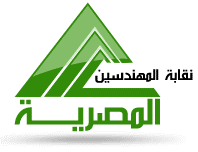 ومدة الدراسة بالمعهد 5 سنوات بنظام الفصلين الدراسيين باللغتين العربية والإنجليزية طبقاً لطبيعة كل مقرر, ومدة كل فصل دراسى 15 أسبوعاً يمنح بعدها الخريج درجة البكالوريوس معتمدة من وزير التعليم العالى فى أحد التخصصات وذلك بشرط إجتياز الطالب مقررات الخطة الدراسية بنجاح مع إستيفاء كافة المتطلبات من المقررات الإجبارية ومشروع البكالوريوس وإتمام التدريب العملى. وتؤهل درجة البكالوريوس التى يمنح المعهد الطالب فى الحصول على عضوية نقابة المهندسين بعد التخرج.
ومدة الدراسة بالمعهد 5 سنوات بنظام الفصلين الدراسيين باللغتين العربية والإنجليزية طبقاً لطبيعة كل مقرر, ومدة كل فصل دراسى 15 أسبوعاً يمنح بعدها الخريج درجة البكالوريوس معتمدة من وزير التعليم العالى فى أحد التخصصات وذلك بشرط إجتياز الطالب مقررات الخطة الدراسية بنجاح مع إستيفاء كافة المتطلبات من المقررات الإجبارية ومشروع البكالوريوس وإتمام التدريب العملى. وتؤهل درجة البكالوريوس التى يمنح المعهد الطالب فى الحصول على عضوية نقابة المهندسين بعد التخرج.
قرار المعادلة
